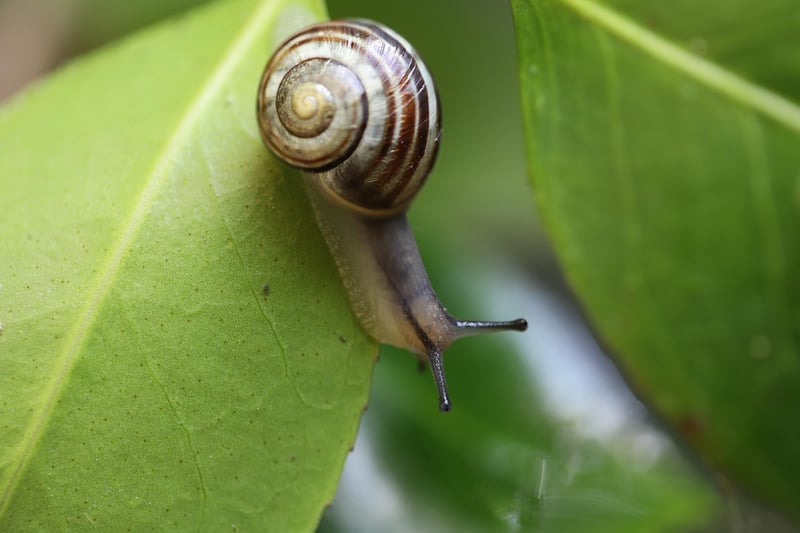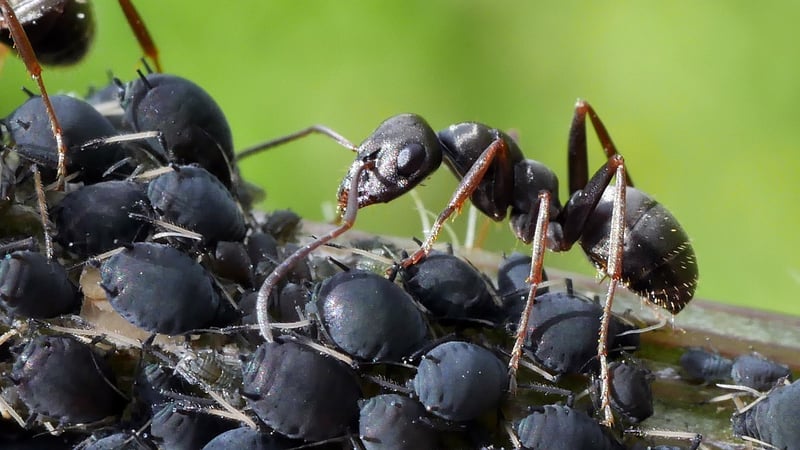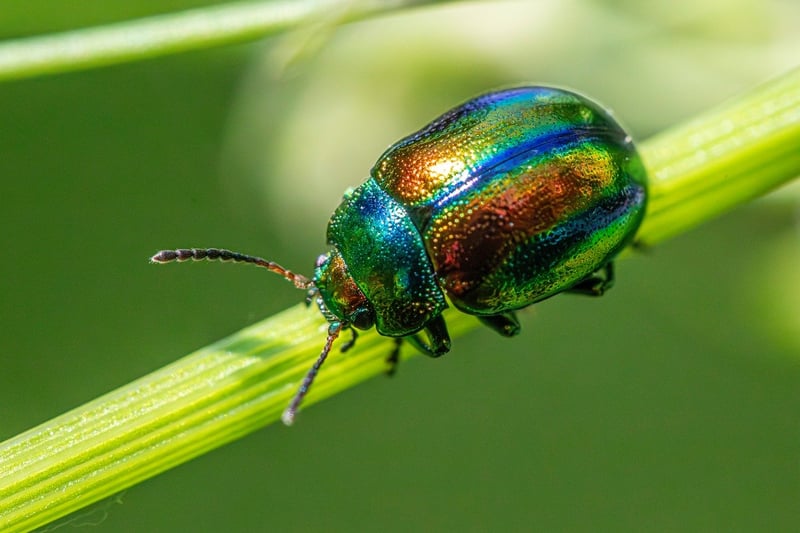Identifying Pests
Protecting Your Garden: Identifying Pests
Welcome to our guide on protecting your garden from pesky pests! A flourishing garden can be a source of joy and beauty, but it's essential to keep an eye out for unwanted guests that can wreak havoc on your plants. Let's explore common garden pests and how to identify them to safeguard your green oasis.
Types of Garden Pests
1. Aphids: These small insects feed on plant sap and can cause leaves to become distorted and yellow. Look for clusters of tiny, pear-shaped bugs on the undersides of leaves.
2. Slugs and Snails: These slimy creatures can munch on leaves and stems, leaving behind a trail of slime. Check for holes in leaves and silvery slime trails to detect their presence.
3. Caterpillars: The larvae of butterflies and moths, caterpillars can chew through leaves and flowers. Look for chewed edges of leaves and inspect plants for the presence of caterpillars.
Identifying Garden Pests
1. Visual Inspection: Regularly inspect your plants for any signs of damage or unusual markings. Look for the actual pests or their eggs on the leaves, stems, and soil.
2. Use of Traps: Set up traps such as beer traps for slugs and yellow sticky traps for flying insects. These traps can help in identifying the type of pests present in your garden.
Protecting Your Garden
1. Natural Predators: Encourage beneficial insects like ladybugs, lacewings, and birds in your garden. These natural predators feed on common garden pests and help in keeping their populations in check.
2. Companion Planting: Planting certain herbs and flowers alongside your vegetables can help repel pests. For example, marigolds can deter aphids, while basil can keep mosquitoes at bay.
3. Organic Sprays: Use organic sprays like neem oil or insecticidal soap to control pest infestations. These sprays are safe for plants and the environment while effectively managing pest populations.
By staying vigilant and taking proactive measures, you can protect your garden from common pests and ensure a thriving landscape. Remember, a healthy garden is a happy garden!


For more information on garden pests and how to deal with them, visit Royal Horticultural Society.
